· Current technologies allow slashing energy use by 80% compared to the 1980s when thermal desalination was predominant.
· With a capacity of 550,000 cubic metres per day, this reverse osmosis desalination plant will supply drinking water to around 210,000 households.
· Worth around €300 million in revenue, the project calls for construction of the plant to start in the 2nd quarter of 2023 and commissioning in 2025.
WD News: Veolia will lead, via its subsidiary SIDEM, a consortium in charge of the engineering, procurement, and construction (EPC) of the Mirfa 2 desalination project commissioned by Abu Dhabi National Energy Company PJSC (TAQA) and ENGIE.
Located in Abu Dhabi, this Reverse Osmosis Desalination (M2 RO) will be the third-largest desalination plant in the United Arab Emirates (UAE). With a production capacity of 550,000 cubic metres per day of potable water, it will provide clean drinking water to approximately 210,000 households while offering increased efficiency and a reduced environmental footprint.
The contract represents revenue of approximately 300 million euros for Veolia. Project construction will begin in Q2 2023 so the plant can be commissioned by 2025.
Most of the drinking water used in the UAE comes from the sea. To manage the growth in water consumption and to compensate for the aging of existing facilities, mainly thermal desalination plants, the country has decided to use the latest advanced technologies and engineering processes to increase its desalination capacity while reducing its energy consumption – a strategy that strongly supports the country’s 2050 carbon neutrality ambition.
The Mirfa 2 plant will feature technological processes such as reverse osmosis, which represents strong efficiency gains compared to traditional thermal desalination, to lower energy consumption and improve productivity. These technological advancements allow slashing energy use by 80% compared to the 1980s when thermal desalination was predominant.
“Growing desalination capacities in a sustainable way is crucial, as they are a part of the mix of solutions needed to address water scarcity across the globe, and especially in the Middle East,” said Estelle Brachlianoff, Chief Executive Officer of Veolia.
Desalination by reverse osmosis, which is based on membrane filtration, is the most widespread technological solution in countries that use desalination to combat water stress, as it reduces their energy consumption.
Source: Veolia Water Technologies
Image courtesy: Pixabay
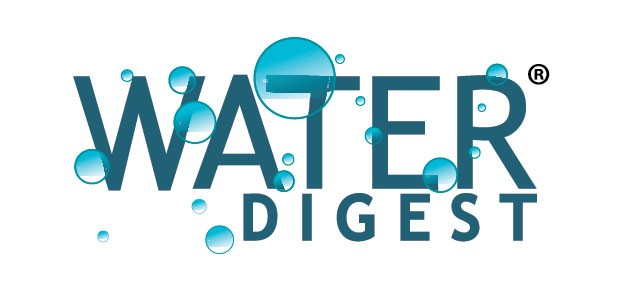



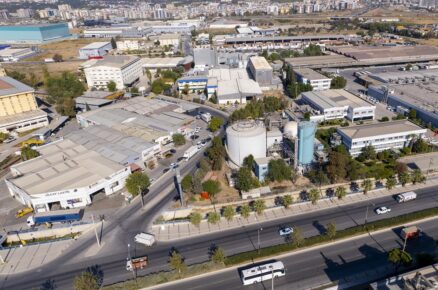
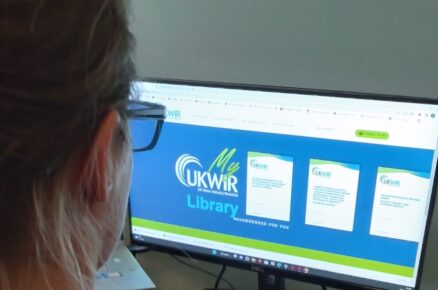
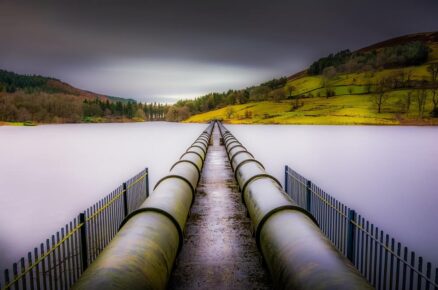



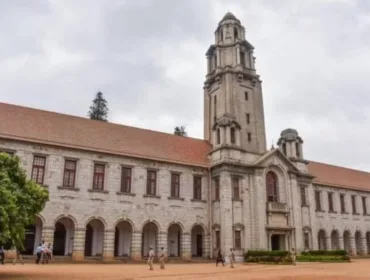
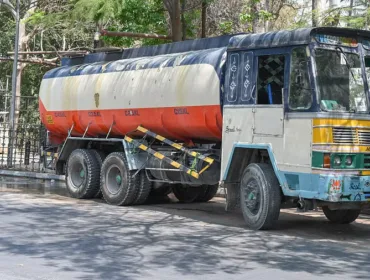

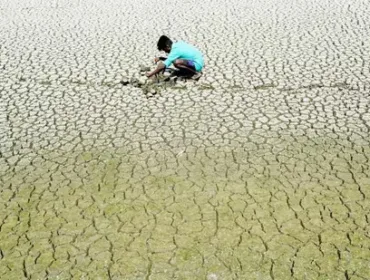
It’s a big step to protect the Environment